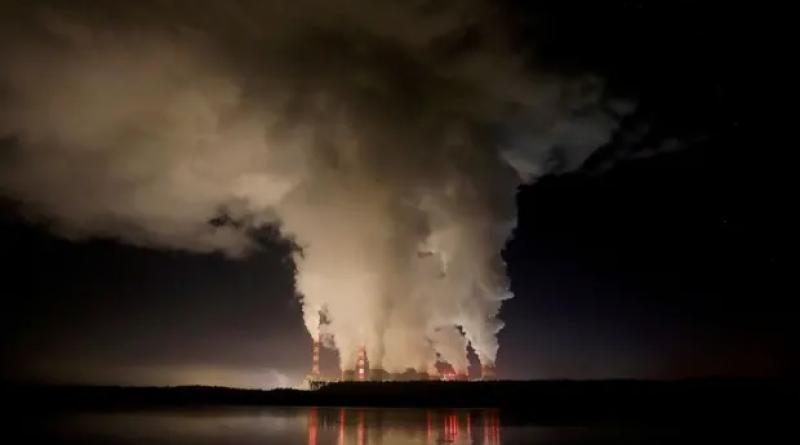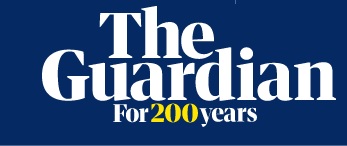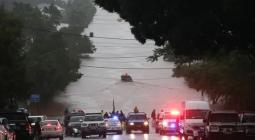Time is running out. We must call out the vested interests propelling the climate crisis

It is not enough to professionally communicate the science of climate change. This is not a matter of rationality.
The role of science communication is to counter wilful ignorance. I don’t mean the deliberate placing of blinkers over the eyes or rose-coloured glasses on the nose. I mean the facts that are inconsistent with the pleasant stories we tell about ourselves, our species, our future. I mean the delusions we live by because they are enjoyable, help keep us sane and motivated, and those cultivated by vested interests to hoodwink us into putting their greed ahead of the public good.
Science develops inconvenient facts through the best form of knowledge production we have. It’s not flawless; it’s messy and human.
Science communication takes the scientific knowledge and translates its complexity into everyday language and metaphors. Science communication can find savvy ways around our biases and heuristics.
It can use surprise – like smashing a rose dipped in liquid nitrogen. It can create joy and wonder – like blowing giant bubbles; sensation, through poking or punching cornflour slime. These tools of the science circus use arousal to pay attention. There is a slight fear in the audience about what might come next, and low levels of fear are very useful for learning.
Science communication melds emotion and storytelling with rationality, the facts of the matter. It’s not pure entertainment; it simplifies detail.
But science communication alone is insufficient. Our collective delusions are tied to power structures – individuals, companies, networks, financial flows – that benefit from societal ignorance.
Oil companies started employing climate scientists in the 70s and 80s. At Exxon, scientist Marty Hoffert predicted the effects of burning fossil fuels would spark a climate crisis. At the same time, Exxon spouted lies and obfuscation.
Fossil fuel companies have been seeding misinformation, and funding scientists, front groups and organisations supporting denial following the “tobacco playbook” for five decades now, as detailed in the book Merchants of Doubt and summarised in the BBC podcast How They Made Us Doubt Everything.
Fossil fuel companies know their products are causing climate change. Meta knows that Facebook is being used for sex trafficking. Tobacco companies know all forms of smoking pose a health risk. The gas industry knows that a child living with gas cooking faces a comparable risk of asthma to a child living with household cigarette smoke. Car companies know that electric vehicles are about saving their business, not the planet.
t is not enough to professionally communicate the science of climate change. This is not a matter of rationality.
I’d prefer activists to spray the headquarters of fossil fuel companies with fake blood, as Aids activists did in the offices of pharmaceutical companies in the 90s, than throw paint at famous artworks. But I understand their desire to make a splash.
I am delighted a fossil fuel company is no longer sponsoring Australia’s national science and technology centre Questacon. Fossil fuel companies have long outlived their social licence and have no place in sport, the arts, or science communication.
The science we need to communicate is that the time for delay has run out. We need to communicate which organisations are fundamentally responsible and what needs to change. This includes exposing the influence of fossil fuel organisations on our democracy; and how renewables are cheaper and safer and more reliable than coal; and how the best way to reduce transport emissions is to give people alternatives to driving; and that subsidising fossil fuels and methane-producing animals is incompatible with a safe climate. We need to highlight evidence-based solutions and be censorious of fossil fuel companies promising to go net zero.
We are at that scene in the disaster movie where all hope seems lost: the volcano has erupted and lava is headed toward the village; Jaws is chewing up the boat; the cloned dinosaurs are on the rampage. Notice how our worst fears are “the wild” turning against us?
Unfortunately, we are the asteroid, headed for life on Earth. We have been snuffing out species while cultivating monocultures, keeping chickens in cages. We are still in collective denial about our current and impending impact on life on this planet.
Our large human brains that mean we can do science, also mean we can take down the biosphere with our own species.
I call on everyone who has the privilege of a science education to speak out about the need for acute action, and call out vested interests that are propelling the climate crisis.
Dr Gabrielle Kuiper is a climate policy expert. This article is based on a speech she prepared for the Australian National Centre for the Public Awareness of Science on November 18.
cover photo: ‘Fossil fuel companies know their products are causing climate change.’ Photograph: Kacper Pempel/Reuters




